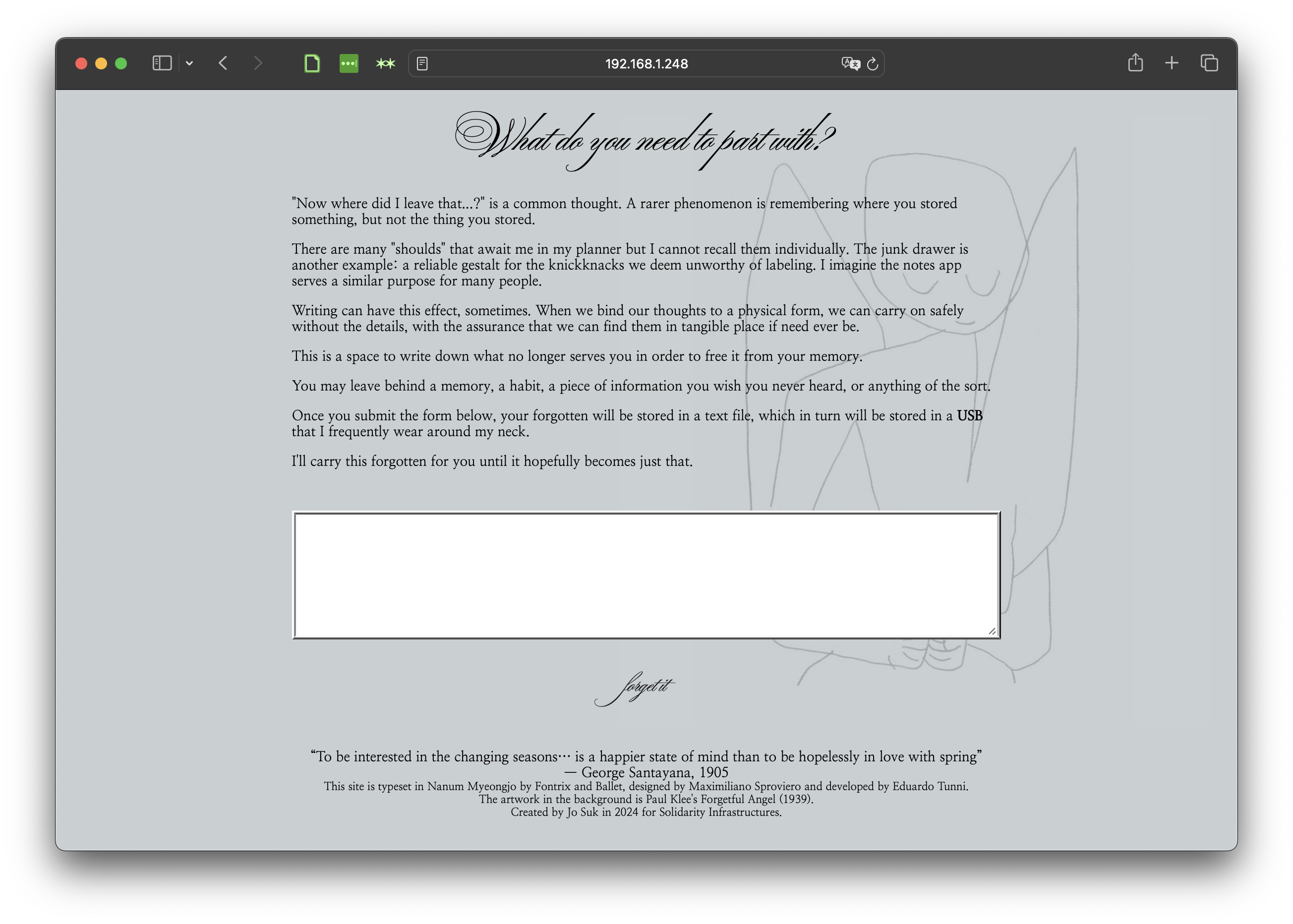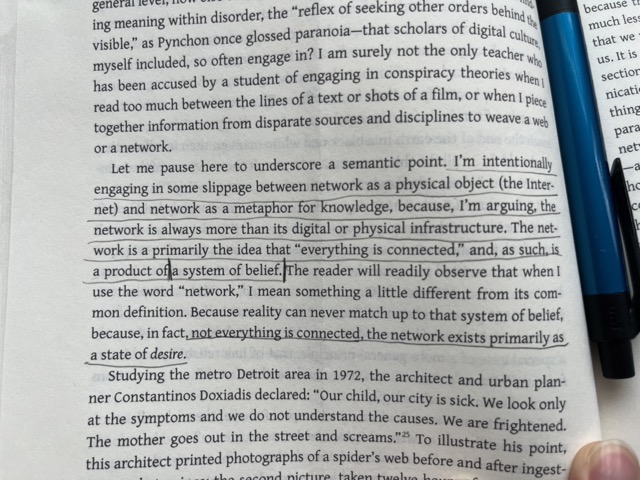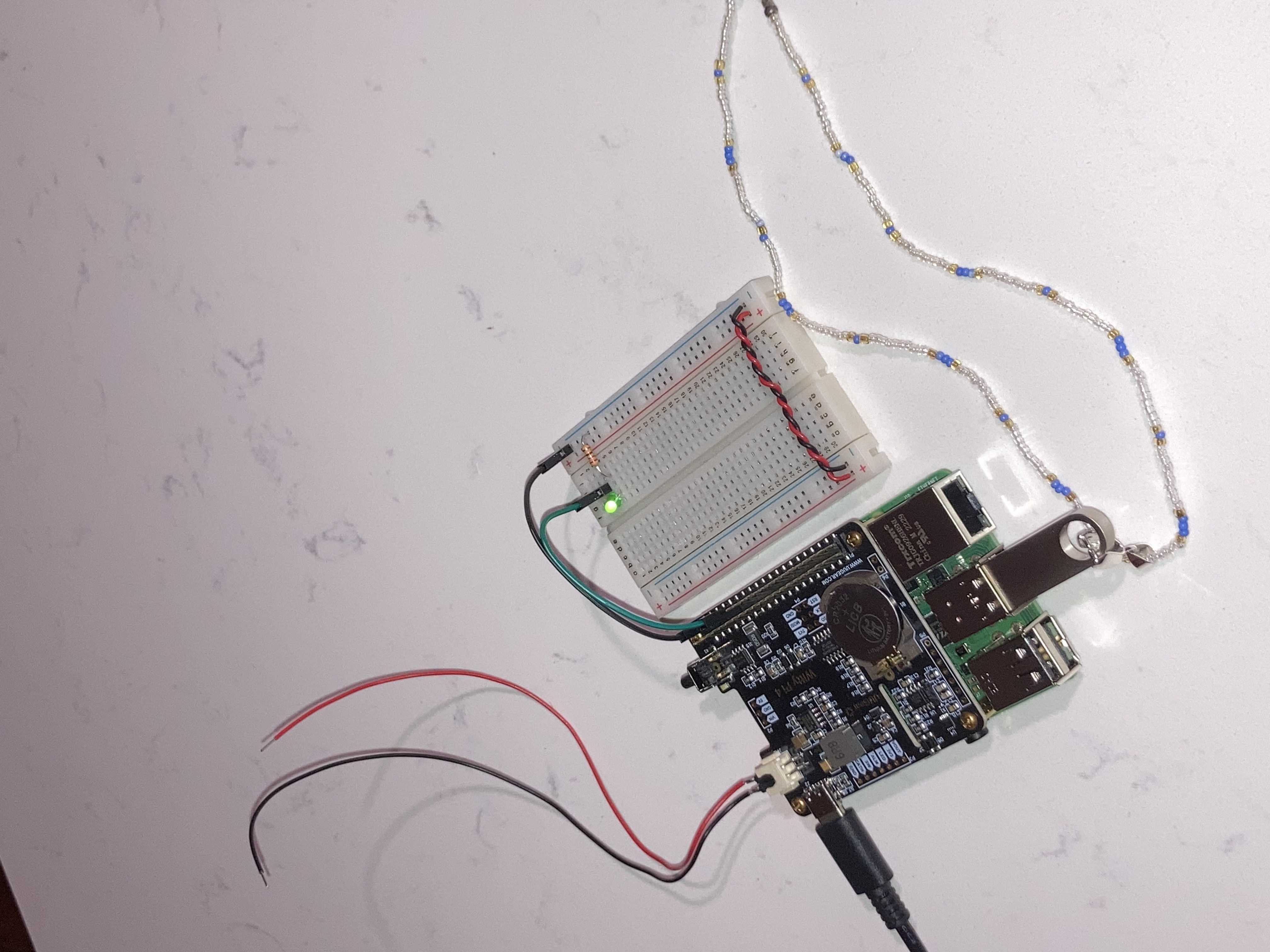Let Me Forget That For You
Jo Suk
Let Me Forget That For You is a gesture I made in defense of forgetting. In brief, it is a site that collects memories you no longer want to keep and saves them to a special USB that I wear on a necklace every day. Your memory is not stored in any other place aside from that USB, and passes through no external mediators AFAIK. The action is symbolic on both ends: I cannot guarantee that you will properly forget the memory you leave behind (and I realize the contradiction in asking you to recall what you want to forget), and the resulting burden I carry around my neck is far lighter for me than it ever was for you. But the latter point is part of my purpose—my hope is that by leaving the memory with me, you will feel free to detach yourself from it altogether.
You can access the site at letmeforget.joannesuk.com. The server will be up intermittently and indefinitely, according to the Feminist Server Manifesto.

Thinking
I was inspired by our class's emphasis on the materiality of our internet, and the many examples we shared of organic/nondigital analogues to infrastructures, networks, protocols, and servers. The blurry line between my conception of the "digital" and the "analog" grew blurrier, until I realized there was more overlap than distinction. Many questions arose. Is computer storage any more of an abstraction than our hippocampi? Would we be mytholigizing if we understood networks as a belief system (see image below), when belief systems like the economy and monotheism dictate our global sociopolitical conditions? When are the moments when we must confront our lack of ownership over our digital circumstances? Are these felt materially? Some levels of abstraction help us acknowledge to the uncertainty of our material world, others can obscure the harm we do to ourselves, other working humans, and ecosystems across the world.

Having a server that fit in my palm helped me conceive of it as a physical space. By extension, I also imagined storage as a finite material and digital documents as records of a physical action, just as [hand]writing is. I thought of when Archit said he conceived of server space as a "common ground", and offered it as space to host his students' websites. I wondered what I could create space for in my own common ground. What would be helpful for people to leave there? What could I help carry for them? Would there be a comfort in knowing that there information resided in a place belonging to a real person?
I had also been thinking of memory again, as I've been working on separate projects that deal with forgotten memories. I go back to my question from earlier, equating computer storage to the human memory. Both are mysterious to the layman but we know even less about the brain than we do computers. Afer all, we made one by hand and not the other. To adopt the vocabulary of this class, I see the act of forgetting as an integral part of memory protocol. Wherever storage is finite, there must be ritualistic destruction to keep up with ongoing construction. Forgetting is a process step within the protocol, in that it's rather out of our control. Our brains kind of just do it for us, for better or for worse. I have a theory that the healthy brain prunes discriminately, meaning it forgets memories intentionally if they are deemed unuseful. Of course this is fatalistic and unproven by any neurological experts, but it serves me well. If I forget something, I shrug off the incoming shame by telling myself that the contents must not have been of much consequence anyway.
What if the theory was true? What if people had a choice in what they forgot? I wanted to pretend in this space for a bit. I wanted to make an anti-time capsule, meaning something that stored snapshots with the intention of no recovery, no revisitation (did you know that 95% of time capsules are forgotten by the fifth anniversary of their burial anyway?). I thought about files on the move in Elliott Cost’s File Life project and liked the thought of physically carrying memories—in the form of bytes—for people. The duty to this imagined role reminded me of something you'd see in a Miyazaki film—an ordinary person is assigned a task of tremendous gravity, but within a world so absurd and/or fantastical that the gravity feels unoppressive.
Process
By the time I started building this project, I already had a LAMP server set up on my Raspberry Pi 4 Model B. I set it up for a class project a few months prior using this tutorial. For the project, I added a hand-coded web interface and a script to save incoming posts as text files to a USB. I had a 48-hour detour in my process due to one erroneous line in my etc/fstab file (TL;DR try not to touch the fstab file... there's probably another fixaround for what you want), but eventually I got my script working. You can view my source code on GitHub.

At the time of writing, I am still working on getting my script to write text files directly to my USB—I'm having some issues changing write permissions on my mounted directory, whatever. For now, I save the files to my server and manually move them to my USB. The files are still safe with me and only me.
For my next steps, I'll keep trying to get this direct inscription working, out of principle more than anything. I don't have any plans to delete the memories just yet, but I figure I'll try to remain unattached from them so that when the day comes when I need more storage on my flash drive—or any other reason, really—I can dispose of them unsentimentally. We ought to forget, after all.
Inspirations
This project was deeply inspired by Elliott Cost’s File Life and my ongoing meditations in defense of forgetting, which are enriched by other nice folks on Are.na. As it turns out, some of my classmates touched on similar themes of memory, media death, and USBs in their own projects, so I would call them indirect inspirations as well. It's nice to think that such convergence was happening while we were miles apart.
Class Reflections
The biggest learning I received from this class was about community. In an earlier class, we were prompted to draw a diagram of the communities around us. While reflecting on my spheres of influence, I realized that while I am blessed to be beholden to many loved ones and liked-ones (acquaintances?), these people do not necessarily comprise community. "Community" is a loosely-defiined term these days. There's no doubt that commercial co-optation is partially to blame for its dilution, but I also think it's harder for people to partake firsthand in a community that is cohered by values and not, say, profit or some institution, so their imagination of what it could be is limited. But this is, of course, a structural issue. At least in the imperial core, society is manufactured in such a way that makes people self-interested, isolated, and paying private services for what would've been acts of kindness.
Through this class, I've been exposed to definitions of community that encompass neighbors, artistic circles, technicians, and activists. I've been shown how networks have latent potential to build community and that we are all, already, enmeshed in so many networks. The connections between the nodes materialize as shared protocols, distributed care, and actual fiberglass. I was perpetually in awe during this class at the many ways we can enable each other's joy and survival. That said, I had a difficult time conceiving a project that would benefit a fixed community, or imagining how I'd be of service to the communities I'm in. It was a teaching moment for me—I really want to work on things that benefit a group of people in a material way (although a gesture is appreciated, I'm sure). I'm leaving the class with the intent to keep being in service to communities around me, and to keep technologically empowering myself with the aim of sharing my skills with other people.
Cheers, and thank you all!
Jo Suk :: are.na :: joannesuk.com :: @jo.stor [IG] :: @metal__sheep [TW]
* Please excuse any typos I missed. My keyboard tends to repeat chharacters :•)